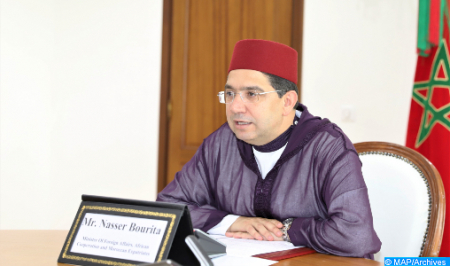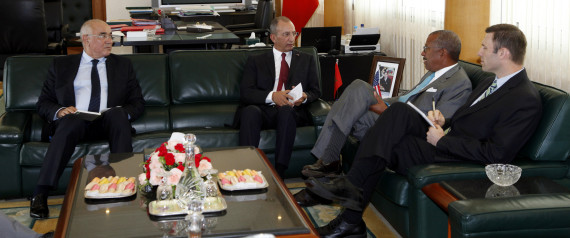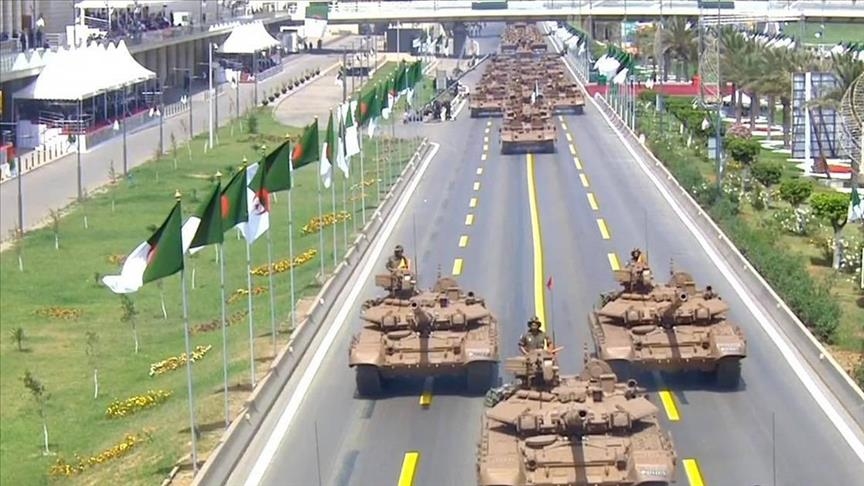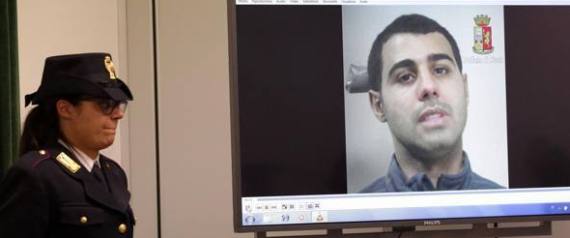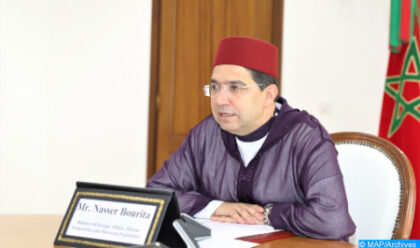 Foreign minister Nasser Bourita has reiterated Morocco’s strong rejection of the Spanish decision to host Separatist leader Ibrahim Ghali, and said that Spain has to choose either Morocco or Ghali.
Foreign minister Nasser Bourita has reiterated Morocco’s strong rejection of the Spanish decision to host Separatist leader Ibrahim Ghali, and said that Spain has to choose either Morocco or Ghali.
The Spanish decision risks seriously undermining relations with Morocco, Bourita told Spanish news agency EFE.
Ghali was admitted at a Spanish hospital after entering the territory in secrecy using an Algerian passport with a false identity. Spanish media said that his hospitalization was agreed at the highest level between Algerian and Spanish authorities.
Ghali is wanted by the Spanish judiciary on charges relating to war crimes, human rights violations and rape. Strikingly the Spanish judiciary has not expressed or launched an investigation yet, irking Ghali’s victims.
Bourita deplored that Spain has not yet provided satisfactory and persuasive responses to the questions that Morocco asked namely: Why Ghali was admitted in Spain on the sly using a forged passport? why Spain has not informed Morocco? Why did he enter Spain with a false identity? Why the Spanish judiciary did not respond to the complaints filed by the victims?
Bourita wondered whether Spain wants to “sap bilateral relations” with Morocco. He deplored that Spain did not consult with Morocco before hosting the separatist leader while it made sure to coordinate with “Morocco’s adversaries” (Algeria).
This crisis is a test for bilateral relations, he said. “We will see in reality if the sincerity of our relations is not just words.”
Morocco has rejected contacts with separatist groups in Spain, Bourita recalled. “When Spain was faced with separatism, Morocco was very clear, and at the highest level: reject any contact and interaction with them (the separatists) and inform our partners. When (the Catalans) asked us to receive them at the ministry, we demanded that a member of the Spanish embassy be present.”
Morocco and Spain maintain “a global partnership” having political, economic, commercial, human and security dimensions, and this is where the migration issue comes in, Bourita said.
One should not think that it is “a relationship à la carte: when it comes to plotting with Algeria and the Polisario, Morocco is off Spain’s radar, but when it comes to migration or terrorism, it becomes important again,” the minister argued.
In this connection, Bourita said that Morocco refuses to be “the policeman” of the European Union on migration issues.
“Migration needs a comprehensive approach, not only a financial one: we must be partners in the vision, in the formulation of strategies, and not only in their implementation in exchange for a sum of money,” he added.
Migration issues in Europe depend on political issues: “political polls, pressures and electoral deadlines lead Europeans to short-term thinking,” Bourita deplored, calling “not to demonize the migration phenomenon.”
